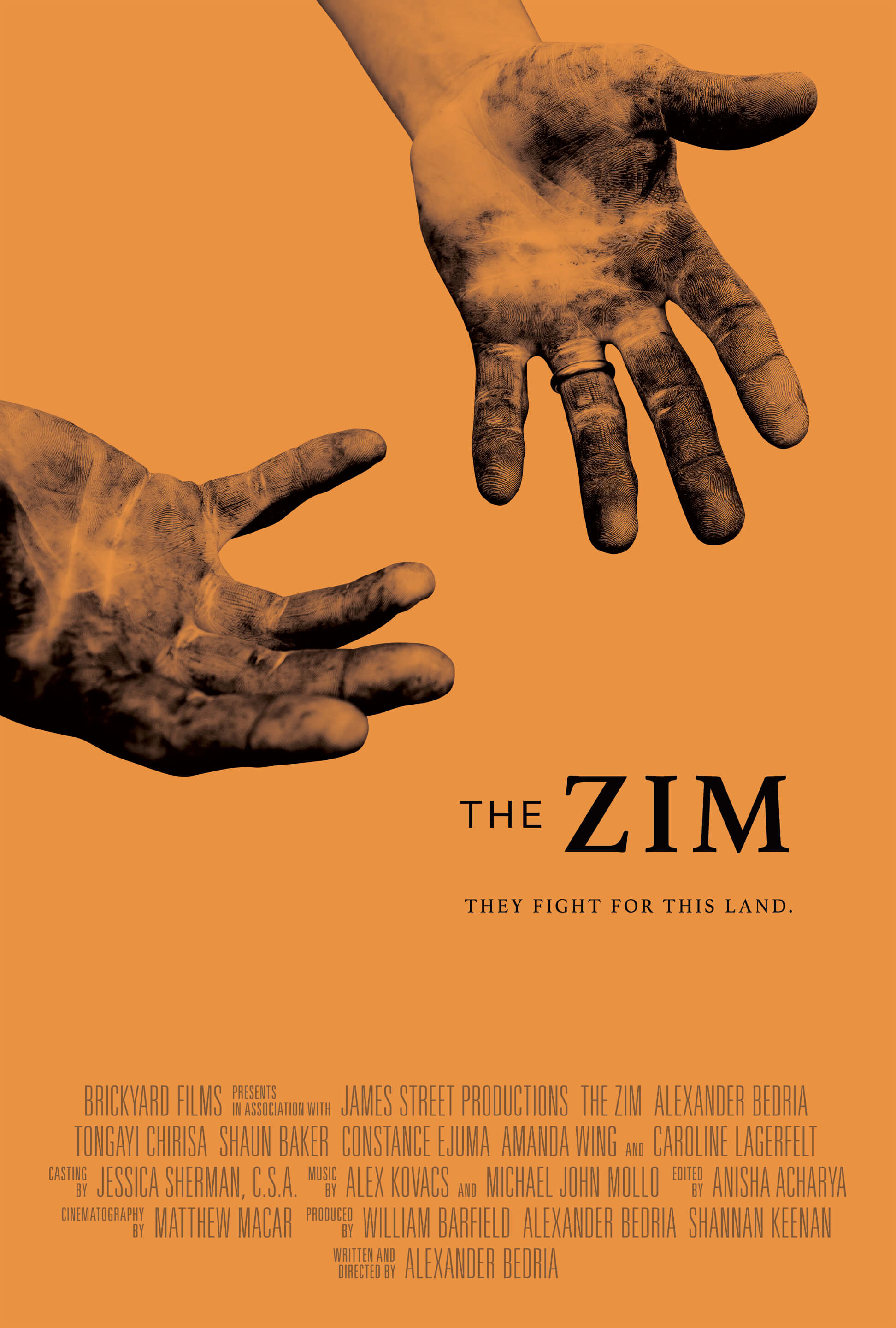Won the Best of Fest Award at the LA Shorts International Film Festival

1. Who or what motivated you to pursue filmmaking?
For as long as I can remember, movies have been an elemental part of my life. Some of my most vivid memories are tied in with specific films that impacted me emotionally and intellectually. I was motivated by the idea of crafting a story that would affect others in a similar way.
2. How does your film primarily differentiate or distinguish itself from other work?
What's unique about The Zim is its scope and ambition. I was interested in making a short film with the kind of cinematic grandness, big ideas, and emotional nuance an audience would expect from a feature but was still a contained and fully realized story. The duality of epic and intimate. This was a huge challenge, and I'm extremely proud of what our team was able to accomplish.
3. What's some of the best advice you've received?
In vulnerability lies strength.

4. What can be learned from the story this film tells?
I'd hope the story inspires the audience to reflect on their own thoughts and experiences. Our collective pasts - our ancestral pasts - are littered with injustices perpetrated by and against many parties. The repetitive cycle of vengeance toward those we deem responsible for our suffering only seems to bring more pain. We see this across all cultures, races, religions, and nationalities.
5. What was the four-year pre-production process to bring this film to fruition?
It began with a lengthy research period, which included studying reports, conducting interviews, and watching the documentary footage to try and find an understanding of various perspectives. Then came the fundraising, utilizing crowdfunding to meet our goals. Our location scouting went on for almost two years, trying to find a home that matched both the architecture and geography of a Zimbabwean farm. Casting was also ongoing, as it was essential to find actors who felt intrinsic to the story and setting. Because we were working with a limited budget, we had to meticulously plan to ensure we had the necessary time, equipment, crew, and provisions to make our shooting days.